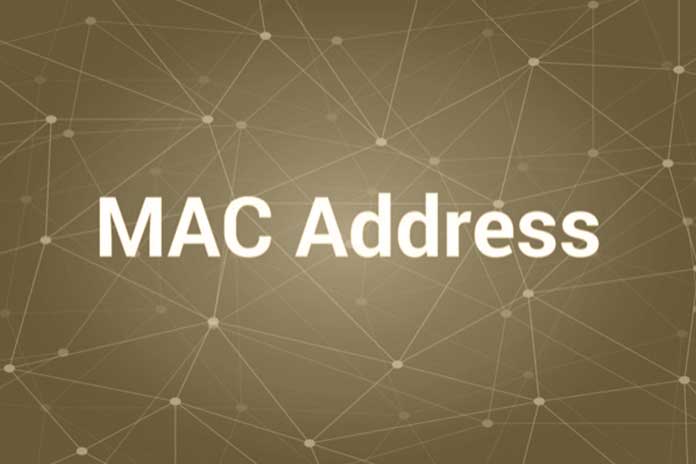What is the MAC address or actual location: what is it for, and why is it valuable. Every gadget fit for associating with the Internet and outfitted with an organization card, Ethernet or remote, is fitted with an identifier framed by six octets (6 bytes) called MAC address (or “Macintosh address”). The MAC address is novel and comprises two sections, with the initial 3 bytes permitting you to quickly follow the gadget’s maker or organization card (which is the reason it is likewise called the actual location ).
By getting to the switch’s organization board (ordinarily through the IP 192.168.1.1 or 192.68.0.1, regardless of whether it very well may be unique and self-assertively set by clients) and alluding to the Connected gadgets segment, you get the rundown of customers associated by link Ethernet or WiFi mode. The name of the single gadget by investigating its particular qualities (reaction messages acquired, open ports, recognizable proof strings identified, …).
The motherboard model was used on the desktop PC, but he nevertheless revealed a GIGABYTE using the MAC address. By looking for the first 3 bytes 1C1B0D in the IEEE list or on MAC Vendors, you can personally verify that the network card manufacturer is precisely the one indicated in this case. The MAC addresses of the other devices connected in the local network, touch their name and refer to the MAC address item. The following 3 bytes of the MAC address (which consists of 48 bits in total) are uniquely assigned by the network card manufacturer to this device.
This means that there are no two or more network cards on the face of the earth with the same MAC address. From a Windows PC, it is possible to find out the MAC address of the network cards using the ipconfig / all command and reading what is reported under Physical address.
Then there is a “special” MAC address that is ff: ff: ff: ff: ff: ff, which is used as a broadcast address or to send data to all the network cards of the devices connected to the local network.
What Is The MAC Address For, And Why Is It Useful
Every gadget associated with the neighbourhood network is doled out by a private IP address (statically or progressively. It might continue after some time (for instance, since it is statically ascribed) or change regularly. Then Again, the MAC address, by its actual nature, doesn’t change and stays unaltered after some time. As well as perceiving the gadgets associated with the neighbourhood organization, the MAC address can likewise allot static IP addresses on the switch side to the customer gadgets.
Assume the facts confirm that any device can be given a static private IP address (which stays unaltered) by following up on its point of interaction. It is feasible to exploit a specific capacity of the switch (called IP and MAC restricting ). It guarantees that when the controller identifies the MAC address shown, it generally doles out a similar private IP. You can impede explicit gadgets if you direct a WiFi organization by setting the limitation at the switch or area of interest level.
Or then again, once more, assuming that over the top utilization of the organization transmission capacity by a gadget is distinguished, its “opportunity of activity” can be restricted by diminishing how much information it can move in a unit of time, unlike what the maker claims, not all switches offer ideal seclusion between the visitor organizations and the focal WiFi.
On the client-side, you can force the modification of the MAC address associated with each network card. For this reason, controlling access to a WiFi network based on the MAC address makes very little sense.
Much better for commercial entities to set up an effective captive portal: at the time, we talked about Tanaza ( Managing WiFi networks with Tanaza via the cloud: all the news ), but there are also other solutions (for example, DD-WRT with ZeroTruth. The so-called deauthentication attack is a widespread mechanism among those who want to force access to a protected WiFi. Even with protected networks using the WPA2 algorithm, it is possible to move the disconnection of devices using their MAC address.
The attacker uses the deauthentication attack technique to try to intercept the 4-way handshake. This activity occurs between the customer and the WiFi router when the forcibly disconnected device tries a new connection immediately. The same approach is used by some cybercriminals to force a device to connect to a malicious WiFi hotspot and is at the basis of the attacks baptized KRACK and Kr00k. Finally, it is essential to point out that personal data protection has also established the MAC address and the public IP address. It is to be considered personal data. Therefore, be careful to inform employees of any MAC address-based monitoring activities carried out within the local network.


